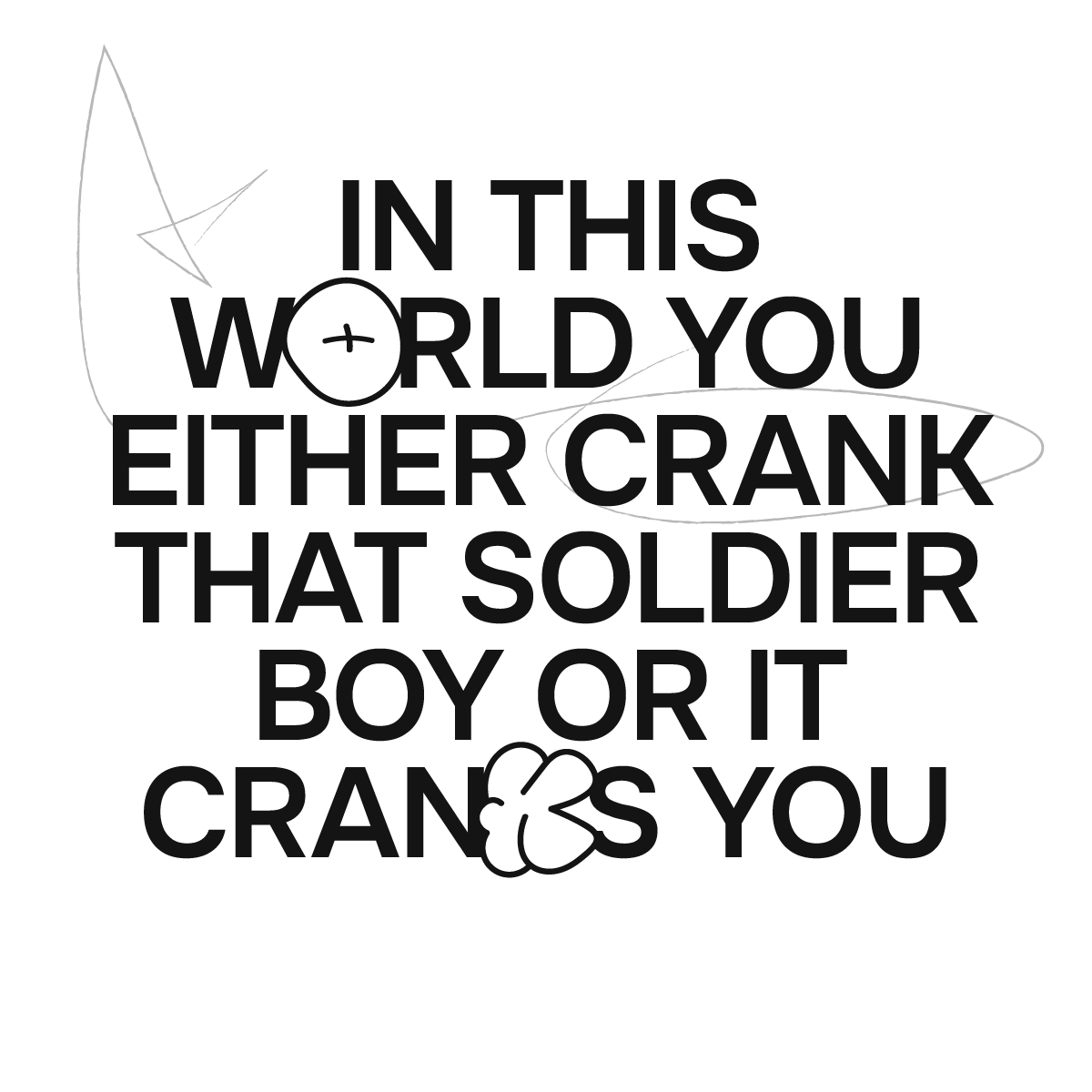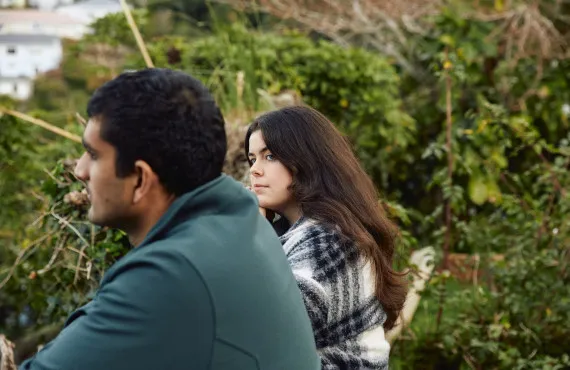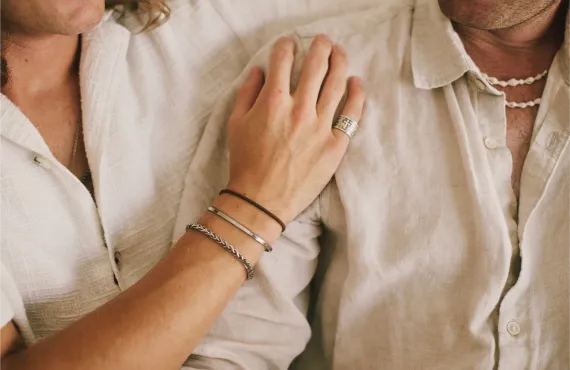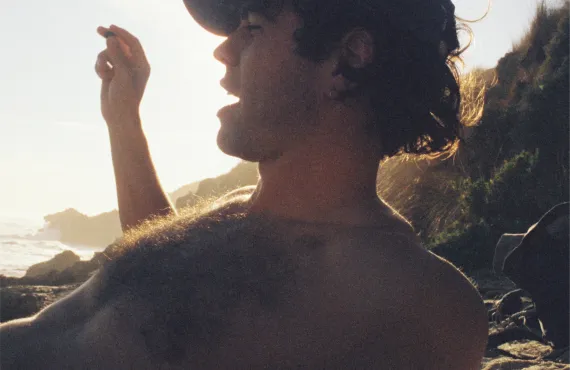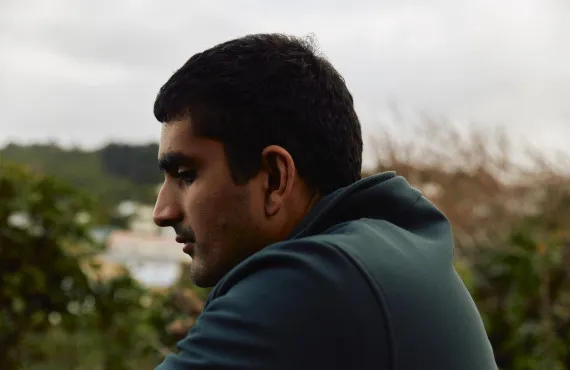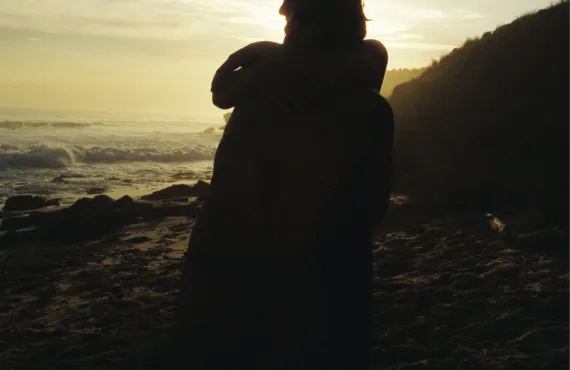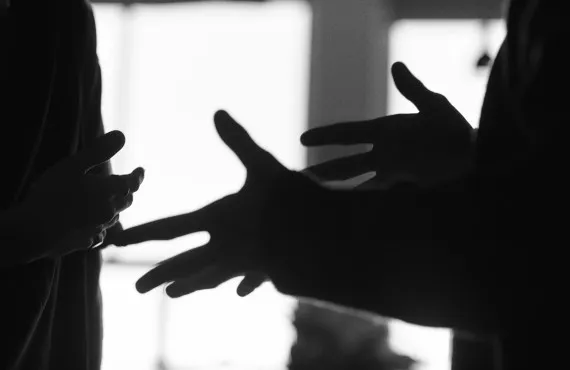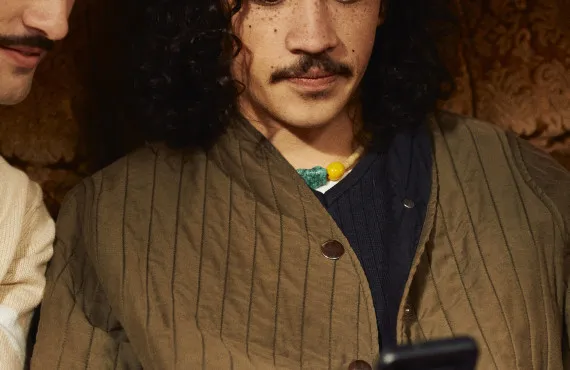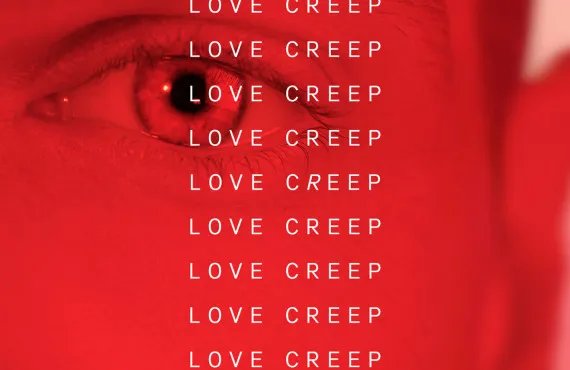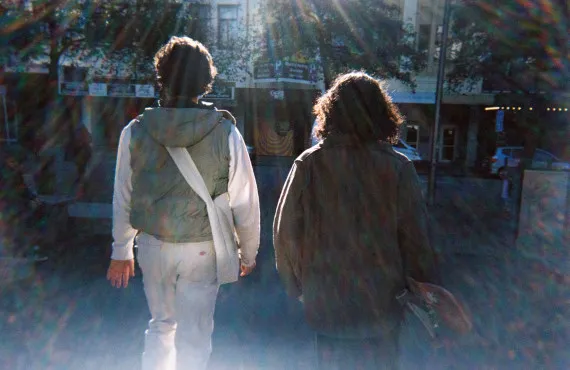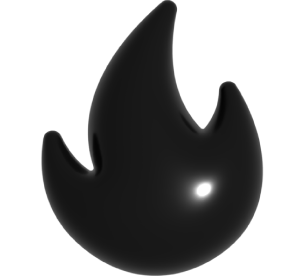Childhood trauma may explain violence, but it doesn’t excuse it
By Mataio (Matt) Brown
My father was a cruel and violent man who I was scared of for my entire childhood. He regularly got physical with my mother, my great-grandmother, all his own children and even our pet dog. He even had violent altercations with strangers at the bar and on the rugby field. He was a man so shut down emotionally, that rage was all he felt he could express to us, which resulted in multiple stints inside prison for him.
I wished someone inside would help him while he was sober in prison. But the moment he was back out, the drinking and the violence returned. One of the days that my father returned home, is forever etched on my mind. I was 13 years old and he gave me a hiding outside on the driveway for not opening the garage door for him. That hiding was a reminder of who he was, and his position in our home, whether he came or went. It was a reminder, from him to me, that he was to be feared and his authority never challenged.
To this day, I don’t even think I know my father for who he genuinely is. He’s an enigma of a man, whose alcoholism and rage, along with poor mental health, utterly submerged his personality; A man who easily lashed out whenever he was triggered.
Anything could trigger him to violence. If my mother or us kids didn’t perform or behave in a certain way, if the food was not cooked to his liking, if the house was not clean, if something at work made him feel inadequate – any of these things could trigger him to blow all of the pent-up frustrations on us, his family. We were his punching bag.
In my twenties I was curious to understand how he had ended up the way he was. I attempted to find the answers that could help me from becoming the monster that he was. In part, I was motivated by the many comments I heard growing up, that myself and my brothers wouldn’t do much better than him. To become angry, drunk, violent and incarcerated was treated as an inevitable outcome for a Polynesian boy like me.
I discovered on this journey, that my father lost his mother at a young age in Samoa and he had never learnt how to express his emotions. He had moved to Aotearoa with very little to try and give his family a better life and had found it difficult to communicate in a whole new culture.
I can understand that to treat us like he did, meant he must have been in such deep pain himself. Being able to understand his pain doesn't invalidate mine.
Forgiving him won’t ever make his actions okay. His childhood trauma explained the violence for me but it never excused it. But forgiving him released me to be the father that I always wished for and wanted for my own children. I chose to forgive him so that I didn't have to live with bitterness. Not forgiving him would keep me trapped in my childhood pain.
Pain that would continue to be transmitted down our family line. To me, being a good descendant means doing the work that my father and his father couldn’t do. I have more access to education and solutions than they ever did. In doing this I am a good ancestor for my children and their children.
And forgiveness was only made possible by accepting an apology I never received from him. I chose to tell myself that he would never have the capacity to give me what I needed, but that if he did, he would have given it to me. In accepting this, I am better off.
Having the kind of relationship that I always longed for with my own son and daughters has brought healing in my life to another level.
*Taimalelagi Mataio (Matt) Brown MNZM is the co-founder of She Is Not Your Rehab, a global anti-violence movement created to address and dismantle cycles of intergenerational trauma, violence and abuse by promoting safe relationships and providing accessible tools and support for individuals and communities like inner boy.nz - a free app designed to create a generation of cycle breakers.
